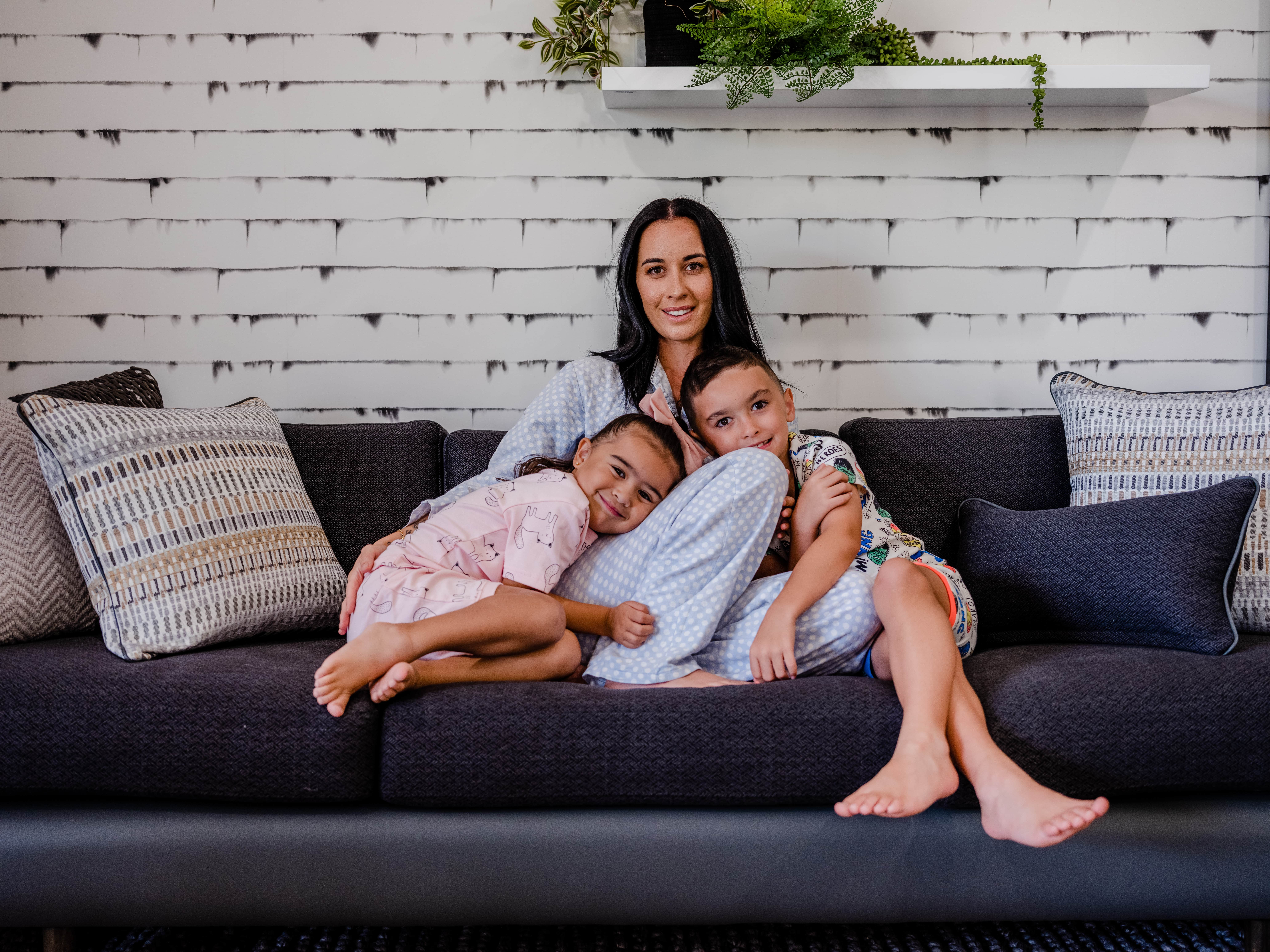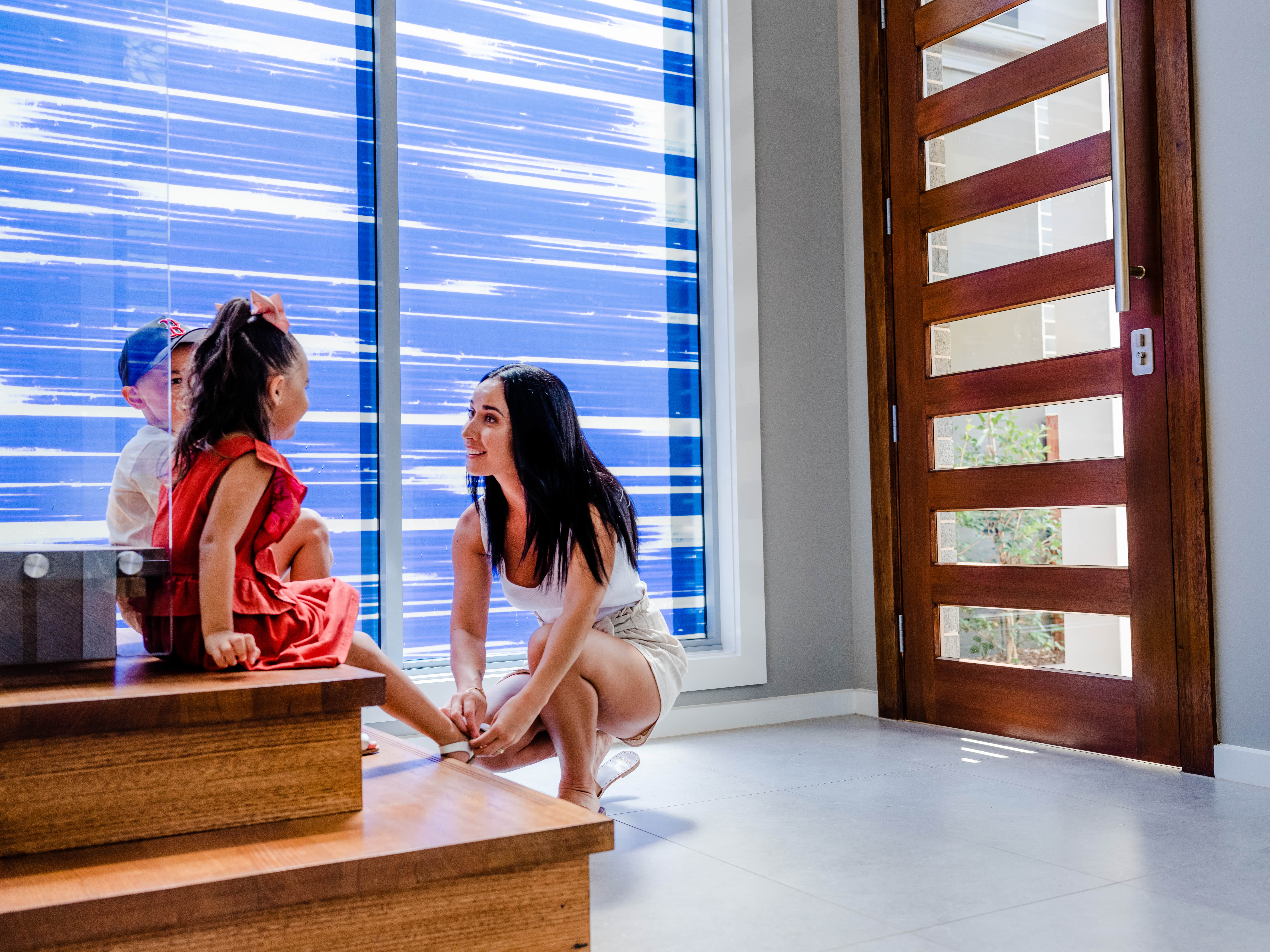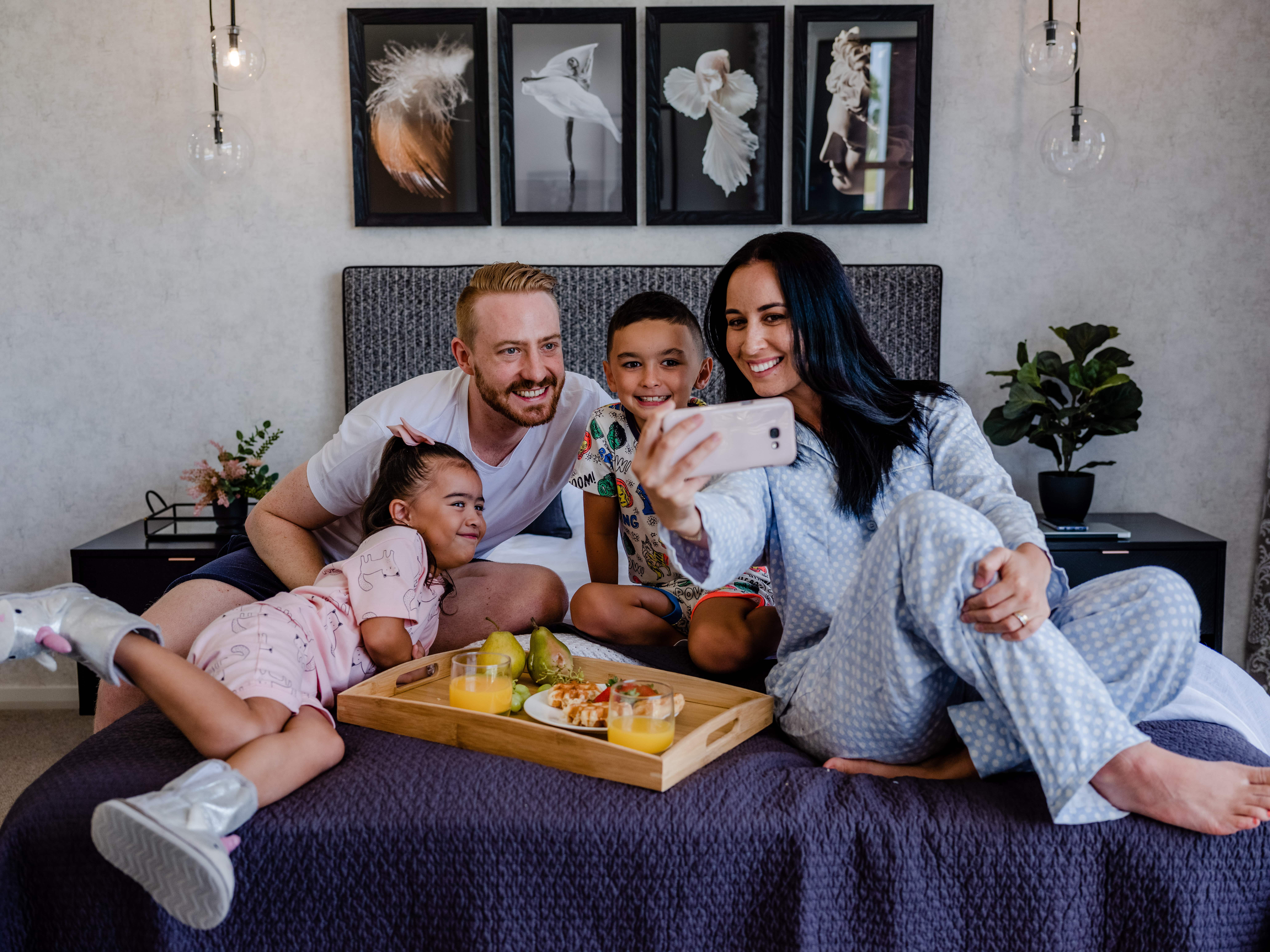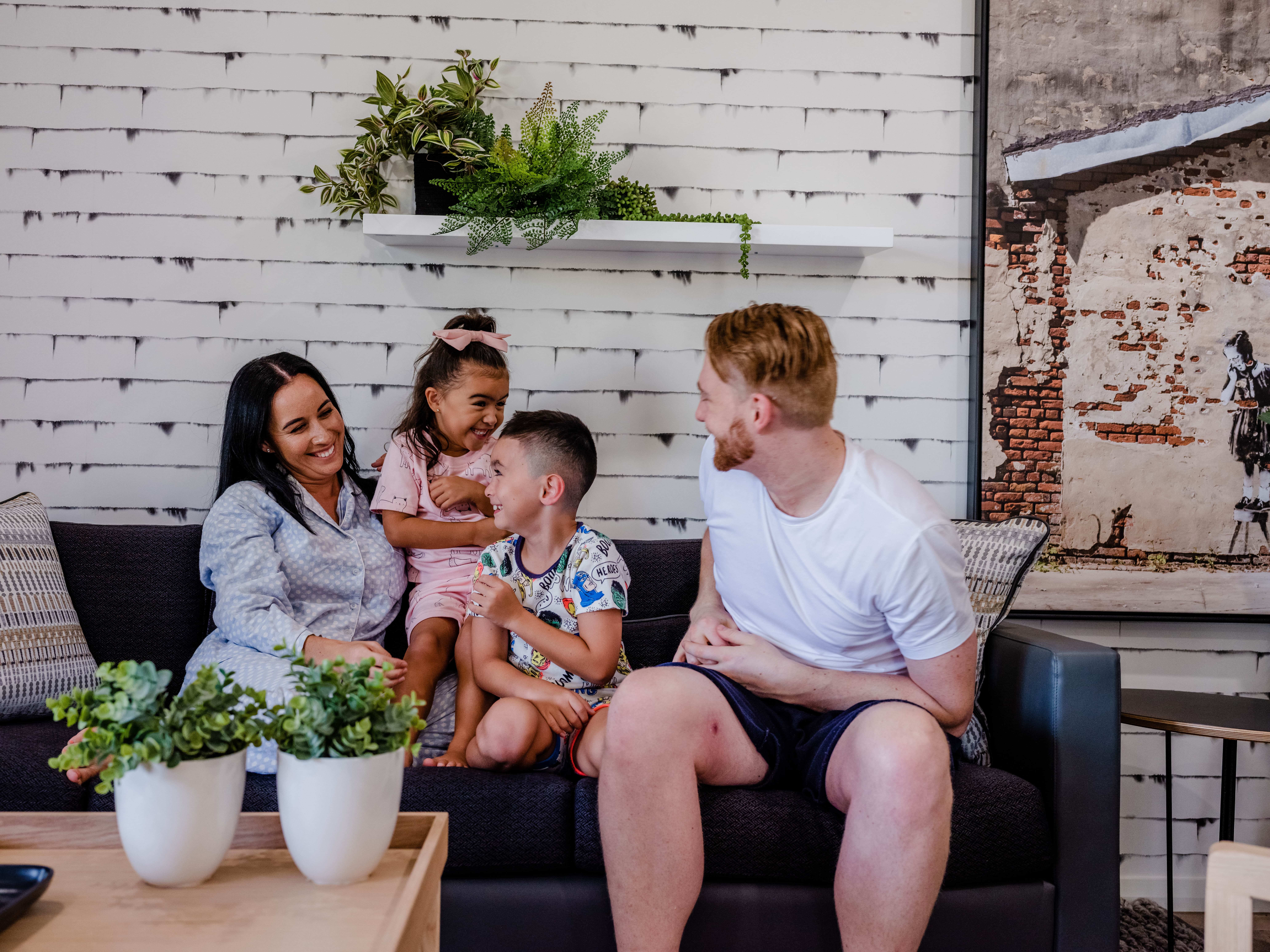
The Importance of Keeping Your Home Safe
Your home is a sanctuary – the place where you escape the worries of the world. It should be private, safe, and – most of all – secure for you, the people you love and the personal possessions you value.
2017–18 National Crime Victimisation Survey:
Conducted by the Australian Bureau of Statistics (ABS) on Australian households reported that:
- 2.5% (231,100) recorded a break-in – that’s one every three minutes.
- 2.2% (205,400) experienced an attempted break-in.
- 5.1% (477,700) were victims of malicious property damage.
From the reported break-ins specifically, 74% of those households had property stolen and 49% had property damaged.
Leader in Door Hardware Research:
The Break-In Busters Report 2017 revealed some interesting insights and statistics into Australians’ attitudes towards home security:
- 94% relied on locks as the primary home security measure, but 35% weren’t actually confident that their locks were reliable.
- Personal safety was the biggest fear, with 59% worried about the protection of their family in the case of an intruder break-in.
- Loss of belongings was the second biggest concern, with 19% alarmed about losing possessions and 14% about the inconvenience of replacing stolen items.
- 39% believed they could do more to better protect their home.
- 33% thought the best way to protect their home was through visual security props, such as outdoor cameras or signs.
Upgrading Security Is Easy
Making a few simple changes can help occupants avoid becoming another crime statistic. And that begins with the most elementary of security practices – locking up.
The best place to start when it comes to improving home security is by upgrading locks. As the ABS reported, 47% of households that experienced an attempted break-in reported damage to or tampering with doors or windows.
A basic deadlock can cost as little as $30 and take just 10 minutes to replace. Deadlocks or deadbolts are a security essential as their flat design means they cannot be gripped or levered open. When selecting a lock, it’s important to consider the product’s design, features and testing standards.
Endeavour to get the fundamentals of home security planning right and always start with quality locks. Ensuring all outside doors and windows are fitted with working locks makes a significant difference to the security of your home. It’s a critical element that should never be overlooked:
- Fit external doors with deadlocks or deadbolts (but leave the key in the door to allow for escape in an emergency, such as a fire).
- Install key-operated locks (and consider security grills) on windows.
- Don’t forget to secure gates, garages, sheds, and even the mail box too.
Of course, not only is installation important, but so is upkeep.


“Locks experience wear and tear, and can become defective over time”
Lane recommends that all locks are replaced every 10 years and that regular maintenance is undertaken to keep them in good working order.
When carrying out checks, you should inspect for:
- Corrosion or rust (especially around the lock cylinders).
- Excessive play or movement in the levers or knobs/handles.
- Sticky latches.
- Jamming keys.
- Clicking or interruptions in the operation of the lock.
And in the event that keys are lost, it’s best practice to change the locks altogether.
Naturally, both owner-occupiers and renters are equally concerned about home security. However, there’s confusion for the latter when it comes to what’s actually permitted to do to a rental property. In most cases, it’s the landlord’s responsibility to keep the premise secure. If locks are faulty, tenants should contact their real estate agent or landlord.
You and your loved ones deserve the peace of mind that your property and possessions are properly protected. Make sure home security is a priority. Don’t overlook the basics – upgrade the locks on your home’s doors and windows.

